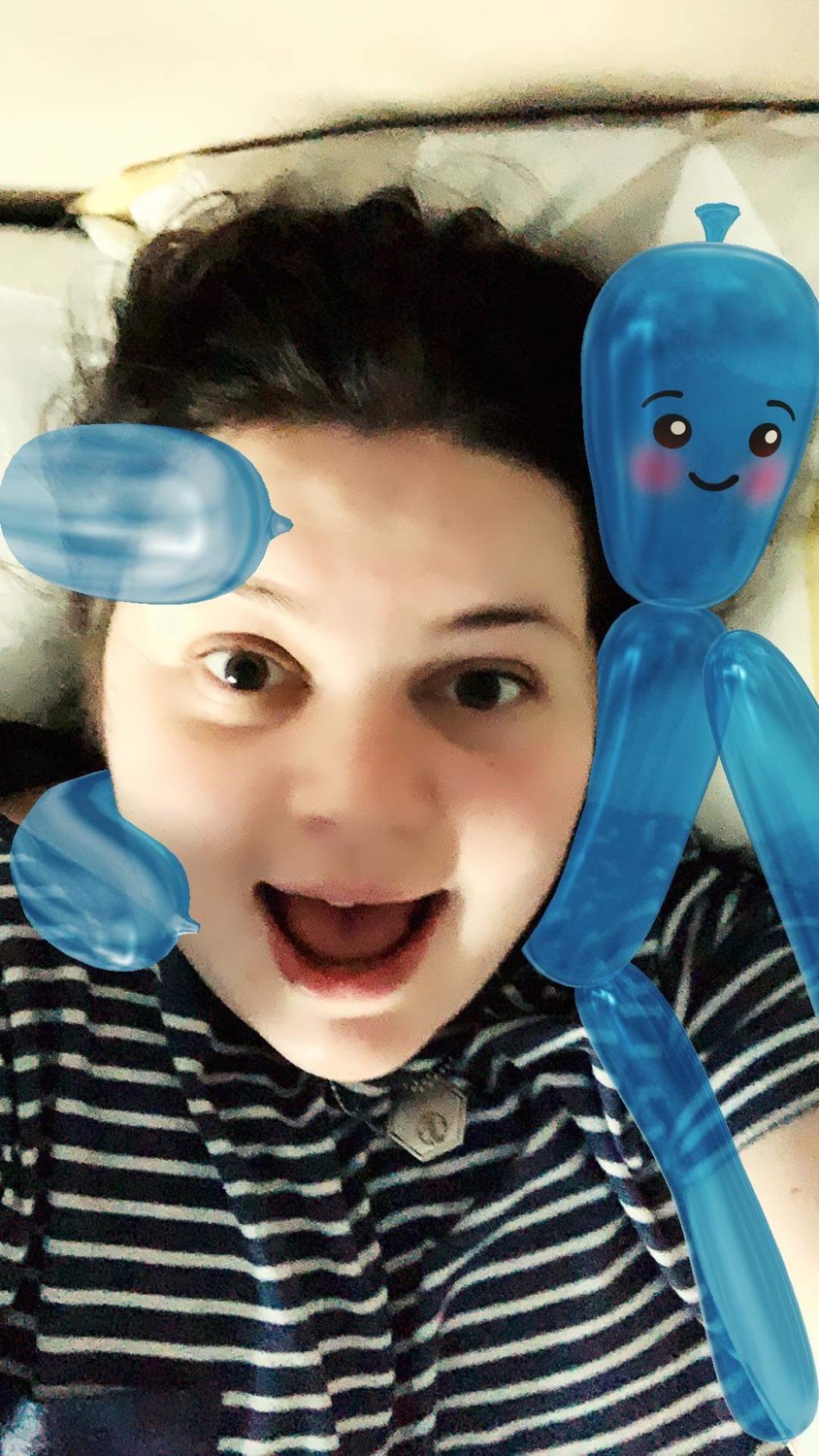The Depression Olympics
- mtfroude

- Oct 15, 2020
- 3 min read
Sometimes you don't need to compete
Do you know someone who, when you share a problem with them, take it as a challenge to trump your problem with one of their own, convinced that it must be worse than anything you are going through? I’m pretty sure we all have at some point. This is a phenomenon which is becoming more and more commonly referred to as the ‘Depression Olympics’.
It’s our human instinct to be competitive. Our ancestors and the primates we evolved from will have had to compete for food, territory, and mates. It has been channelled into our brains for survival. What do we gain from competing about who has got bigger problems, though?
When it comes to something like living with a disability, there are a range of scenarios that we are familiar with. For example, some people will genuinely be trying to help us feel like they can sympathise with us because they have similar problems, even though they are in predominantly better health. Maybe it’s their way of trying to relate to what we think and feel on a daily basis, or perhaps it is completely innocent.
One thing that really got me as a teenager was when I’d say something about how tired I was, and someone else would be like “Oh my God, me too! I went to a sleepover last night and we stayed up until 4am.” I told my sister about it once and she said she understood my frustration because, in her words, “they chose to be tired - you didn’t.” She’s right, of course, but also, when I say I am tired I am talking about fatigue. I mean that I am struggling to physically keep my eyes open, stay upright, and maintain some semblance of ordinary cognitive function. When someone has had a late night because of Netflix, or a sleepover, or a night out, for example, they are sleep deprived. The physiological symptoms and sensations are not comparable.
On the other side of the coin, just because a problem might seem ‘insignificant’ or ‘trivial’ to us (which often isn’t the case, by the way!) doesn’t mean that you can’t talk to us about it. Even if some of our problems are bigger than, say, yours, doesn’t mean we don’t care or that we will simply dismiss it because we think we have it worse. I read a quote recently which said “Someone drowning in six feet of water is in as much danger as someone drowning in twenty feet of water.” And I think that sums it up pretty well. Who knows? We might even have advice to offer you based on our own experiences.
I think the point I am trying to get across is that the competition element of who is suffering more, or who has a bigger problem, is irrelevant and unnecessary. I don’t care if I am really struggling in my personal life, or with my disability, or I have three huge rapidly approaching uni deadlines and you only have a 500 word piece due in three weeks. If that is what is stressing you out, I will try and help you. I would only get more impatient if you tried to act like they were exactly the same problems. And I can’t talk for everyone, and of course there will always be exceptions, but I’m sure that the majority, if not all, of the disabled people I know would agree. If anything, trying to make your issues on the same plateau as everyone else’s is not always reasonable, and can come across as ignorant or insensitive, which is more likely to make someone show less sympathy. There will always be people better off than us in the world, but at the same time, there will always be people worse too. Competing over it just doesn’t make sense. This is not the Olympics after all.
One of my fellow ‘Hold the Lift!’ writers said something the other day, which I think is the perfect way to round off this article. We were talking about the letters we have been writing to our past selves. I said I felt guilty because compared to the others, I felt like my story was nowhere near as traumatic, and I didn’t know whether or not to submit my letter because of that. And she just said, “Trauma isn’t a competition.”








Comments